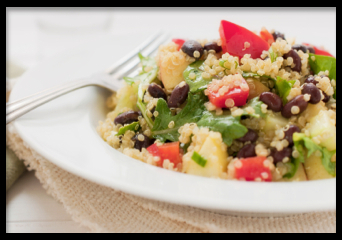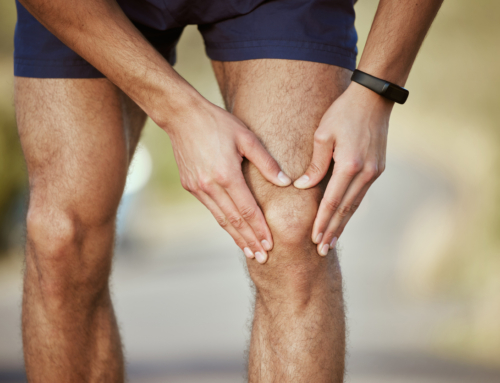Last month we touched on some of the ways we can help our bodies to better utilize fat. Today, I want to talk about the emotional and mental war many people wage on fat in the name of being healthy. As I mentioned in the previous article, good fat is good for you–so why did fat become the enemy? And why do so many of us get caught up in avoiding fat at all costs, when we know it’s essential for optimal health?
The root of the war on fat might go deeper than we think. Maybe it is the emotional and social associations that we react to. In our society, fat is bad, so perhaps the word “fat” touches on our food blueprints. Each of us carries a blueprint for food, so the way we grew up perceiving food (and fat) will color our relationship to food now.
Understanding your own food blueprint is vital to being a healthy adult. In a larger context, your food blueprint is your key to understanding the why behind your eating habits. I encourage you to explore some of the following questions for yourself; your answers will help identify where you have a healthy food blueprint, and where your blueprint does not serve your health:
*How do you view food? Is it comforting, scary, fun, confusing, or healing to you?
*What is your motivation to eat healthy? Is it positive or negative motivation?
*Are you typically energized after you eat, or lethargic?
*Do you feel compelled to eat whatever is in front of you, or do you make positive
choices about what is best for you?
*What is your intention for your own nutrition? Do you just avoid “bad” foods, or do
you seek out the healthiest foods?
Your food blueprint is your GPS for nutrition, and like any GPS system, it needs updating all the time. We all can start with the basics, as described by author Michael Pollen: “Eat whole foods. Mostly plants. Not too much.” Where you go from there depends on discovering the optimal balance of protein, plant-based carbs, and good fat for your body system. Understand your personal food blueprint and eat for vibrant health for life!
Namaste
Daniel





